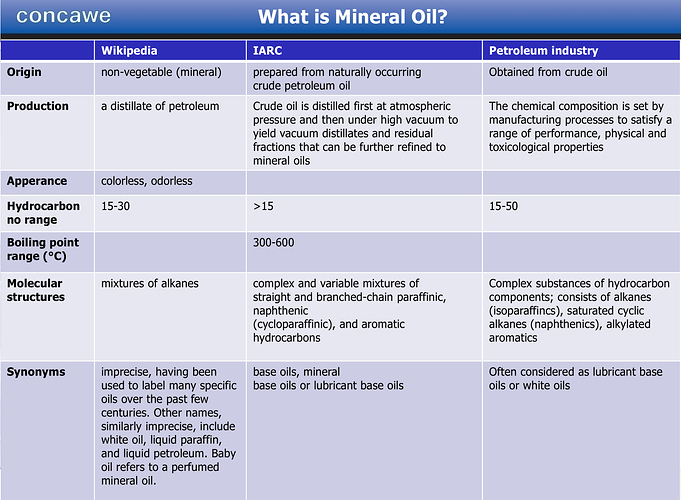Boston University public health professor Michael Siegel said the Centers for Disease Control and Prevention is being “unnecessarily vague” about describing the injuries as simply vaping-related when many people might have been injured by vaping THC oil. “Based on what we know now, I think there’s enough to tell people: Don’t vape THC oils - especially products that are bought off the street,” Siegel said. "There are certain things the agency could be recommending right now that could potentially save lives and prevent this from happening by being much more specific.” … Marijuana oil vaping was cited in at least 21 cases of severe lung illness reported by the San Francisco Chronicle last week. In Utah, officials said marijuana oil was a likely culprit in most cases of lung illnesses in teens. A Wisconsin man had so much trouble breathing after he vaped nicotine and THC oil that doctors put Dylan Nelson into a medically induced coma and hooked him up to a ventilator. … “The truth is that in every case so far in which a specific e-liquid has been identified, that product has been a THC-containing e-liquid, typically purchased off the street and often in open cartridges such that they could contain a contaminant or other drug,” Siegel said. Siegel noted that in at least some of the cases, the use of a THC oil, such as butane hash oil, was blamed.
Most nicotine-laced liquids in e-cigarettes are alcohol-based and can’t cause “lipoid pneumonia,” the type cited in many of the lung cases, according to Siegel. The oil used when marijuana is vaped can, he said.
[ This statement contradicts some published claims about Glycerine being a “lipid” (and linkable to “lipoid pneumonia”) - and corroborates my previous observation that Glycerine (like PG) is instead an “alcohol”. ]
Dixie Harris, a pulmonologist at InterMountain Healthcare in Salt Lake City, says a “large portion” of the hospital system’s 13 vaping-related injuries involved THC. Harris said she advises people to avoid vaping THC products - or any vaping product that contains oil - because research suggests that can be a risk factor for lipoid pneumonia.
Source:
“People are vaping THC. Lung injuries being reported nationwide. Why is the CDC staying quiet?”;
USA Today, Aug 28, 2019
[ Quoted/referenced article has further statements raising some doubts about Nicotine Vaping culpability ]
.
Politico (Aug 27, 2019): In the absence of hard answers from the federal government, speculation abounds. California and New York state reported at least some of their cases were linked to THC products, fueling speculation - backed by the nicotine vaping industry - that black-market THC vape makers are responsible. Minnesota officials said seven of nine confirmed cases involved THC vapes. The leading theory at the moment is that the culprits are largely counterfeit vapors, bought on the black market or tampered with in some way - resulting in clusters of cases in certain states and cities. That makes finding answers all the more difficult.
Article (quoted above) references a 2019 paper about Butane (in cannabidiol oils) and lipoid pneumonias: Lung injury from inhaling butane hash oil mimics pneumonia.
.
One additional (2018) paper (not previously referenced) describing (Nicotine) vaping-related pneumonia(s).
.
CORRECTION (ADDENDUM TO A PREVIOUS ASSERTION PUBLISHED BY ME ON THIS THREAD):
I failed (my bad !) to note that the case of the 70 year old patient (described in the patient data here) with comorbidities Lung Cancer and COPD, 4 weeks of “heavy vaping”, hospitalization, and death, was NOT the the patient in Illinois who recently (for reasons not presently determined/disclosed by the Illinois DOH) died. That particular medical case was previously described in the following paper published in 2016 (abstract).



